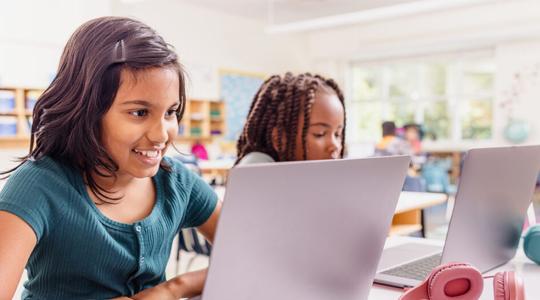
On August 28, 1963, civil rights leaders and Americans from around the country marched in Washington, D.C. and gathered for one of the largest rallies for human rights in U.S. history. Over 200,000 people were in attendance, including celebrities and leaders like Sammy Davis Jr., Lena Horne, John Lewis, Jackie Robinson, Dorothy Height, James Baldwin, and of course Dr. Martin Luther King Jr. This rally is famous for Dr. King delivering his “I Have a Dream” speech. What is less well known is that the event itself had a focus: jobs and freedom.
The March on Washington, and in particular Dr. King’s speech, was a turning point for the civil rights movement. It increased pressure on Congress to take legislative action and pass the Civil Rights Act of 1964. The act ended segregation in public places and banned employment discrimination based on race, color, religion, or national origin, although it did not completely eliminate discrimination. The Voting Rights Act, barring discriminatory voting practices that disenfranchised many African American citizens, followed a year later.
On April 4, 1968, Dr. King was assassinated in Memphis, Tennessee. Now, on the third Monday of January each year—around the time of his January 15 birthday—we mark his contribution to the United States by celebrating his life and legacy with a federal holiday.
We remember Dr. King to this day because his powerful message of equality and human potential will always be relevant and worthy of discussion. If you’re looking for ways to help your kids connect with Dr. King’s legacy and teachings, why not let his words start the dialogue?
MLK Day discussion questions
We’ve gathered three Martin Luther King discussion questions and activities inspired by his most famous quotes.
“Life’s most persistent and urgent question is, ‘What are you doing for others?’”
One way to discuss this quote could be by asking students how they have helped a classmate or stuck up for them. To honor Dr. King’s impact on not just his own community but also our wider national community, you could also find an organization and/or cause that your students feel passionate about and encourage them to volunteer.
Visit VolunteerMatch.Org to check out opportunities that fit their interests and availability. Then have them take time to reflect on the experience and think about ways to continue helping others.
“We must develop and maintain the capacity to forgive. He who is devoid of the power to forgive is devoid of the power to love. There is some good in the worst of us and some evil in the best of us. When we discover this, we are less prone to hate our enemies.”
It is important to set aside time to talk with your students about concepts that may seem complicated, like forgiveness. Read to your students the above quote and use the following questions to start conversations around forgiveness. Share some of your own experiences as well—your children will appreciate the chance to connect your stories to their own.
- Why do you think Martin Luther King Jr. thought it was important to forgive?
- When was a recent time you forgave someone? What happened, and how did you feel?
- When was a recent time that someone forgave you? What happened, and how did you feel?
- What does forgiveness achieve?
“I have a dream that my four little children will one day live in a nation where they will not be judged by the color of their skin, but by the content of their character.”
This quote is one of the most powerful in the American lexicon. It offers excellent entry points for discussion with kids about the impact of Martin Luther King Jr. on the civil rights movement—and where we are as a nation more than 50 years later. Ask your kids: If Martin Luther King Jr. were alive today:
- What do you think he would be most proud to see?
- What do you think he would be most disappointed by?
- Do you think he would approve of the way we treat one another today? Why or why not?
Encourage kids to keep thinking about Dr. King’s legacy and the connections to their own lives beyond this month’s observance. For additional conversation starters and materials on Dr. King’s life and work, including an amazing digital archive of primary source materials, visit The King Center online (or in Atlanta!). What additional insights can you glean from Dr. King’s writing? You’re likely to learn more than you expected from your students' unique perspectives and set a strong foundation for sharing important conversations in the future.
***
The views expressed in this article are those of the author and do not necessarily represent those of HMH.
This blog post, originally published in 2018, has been updated for 2024.
Download our FREE calendar of activities!














